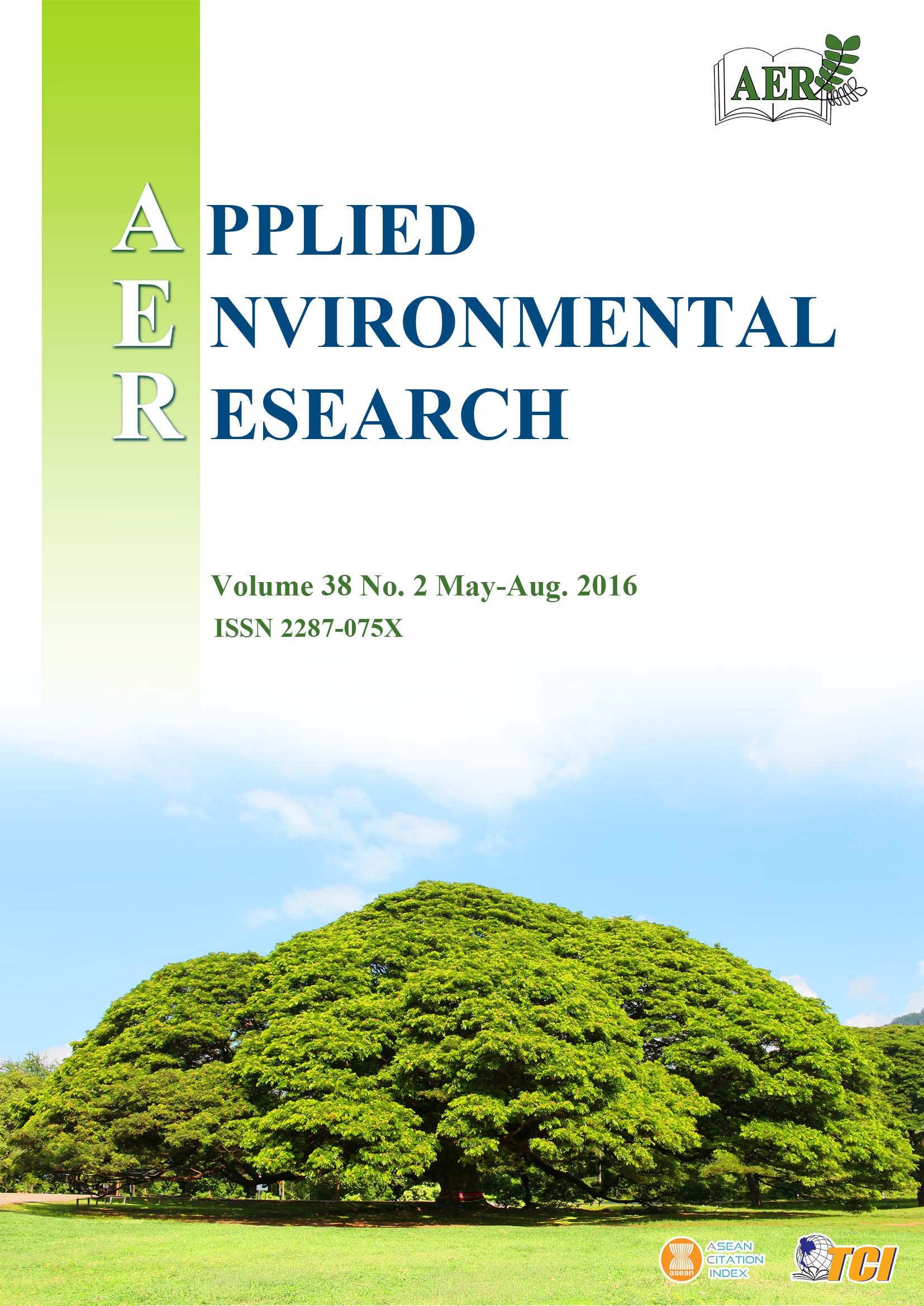Examining Co-management of National Parks through the Lens of Common-pool Resource Design Principles: A Comparative Case Study of Liwonde and Majete in Malawi
Main Article Content
Abstract
Co-management which was founded on common-pool resource design principles has been popularized in solving sustainability challenges of national parks. Co-management was imposed on all national parks in Malawi under the 2000 Wildlife Policy. However, such a top-down approach might neglect the local contexts that influenced policy implementation. The objective of this study was to examine the implementation of co-management and determine the extent of conformity to Ostrom’s eight design principles. The Institutional Analysis and Development (IAD) framework was engaged through a qualitative case study of Liwonde National Park and Majete Wildlife Reserve. Based on co-management documentations and key informant interviews, the research found varied extents of conformity in the two cases despite
a unified national policy framework. Majete was more supportive to the design principles than Liwonde because of resource, user and institutional attributes. The study proposed fine tuning the implementation process towards contextualizing these attributes for long term delivery of perceivable biodiversity and livelihoods benefits.
Article Details

This work is licensed under a Creative Commons Attribution-NonCommercial 4.0 International License.
Published articles are under the copyright of the Applied Environmental Research effective when the article is accepted for publication thus granting Applied Environmental Research all rights for the work so that both parties may be protected from the consequences of unauthorized use. Partially or totally publication of an article elsewhere is possible only after the consent from the editors.

